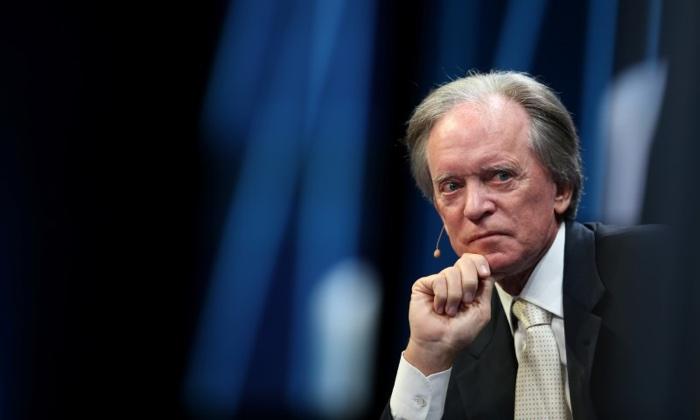The U.S. economy will slip into recession by the fourth quarter amid troubles in the banking industry, according to billionaire investor Bill Gross.
“Regional bank carnage and recent rise in auto delinquencies to long-term historical highs indicate U.S. economy slowing significantly. Recession in fourth quarter,” Mr. Gross, the so-called “Bond King” and co-founder of Pacific Investment Management Co. (PIMCO), said in an Oct. 23 post on X.





